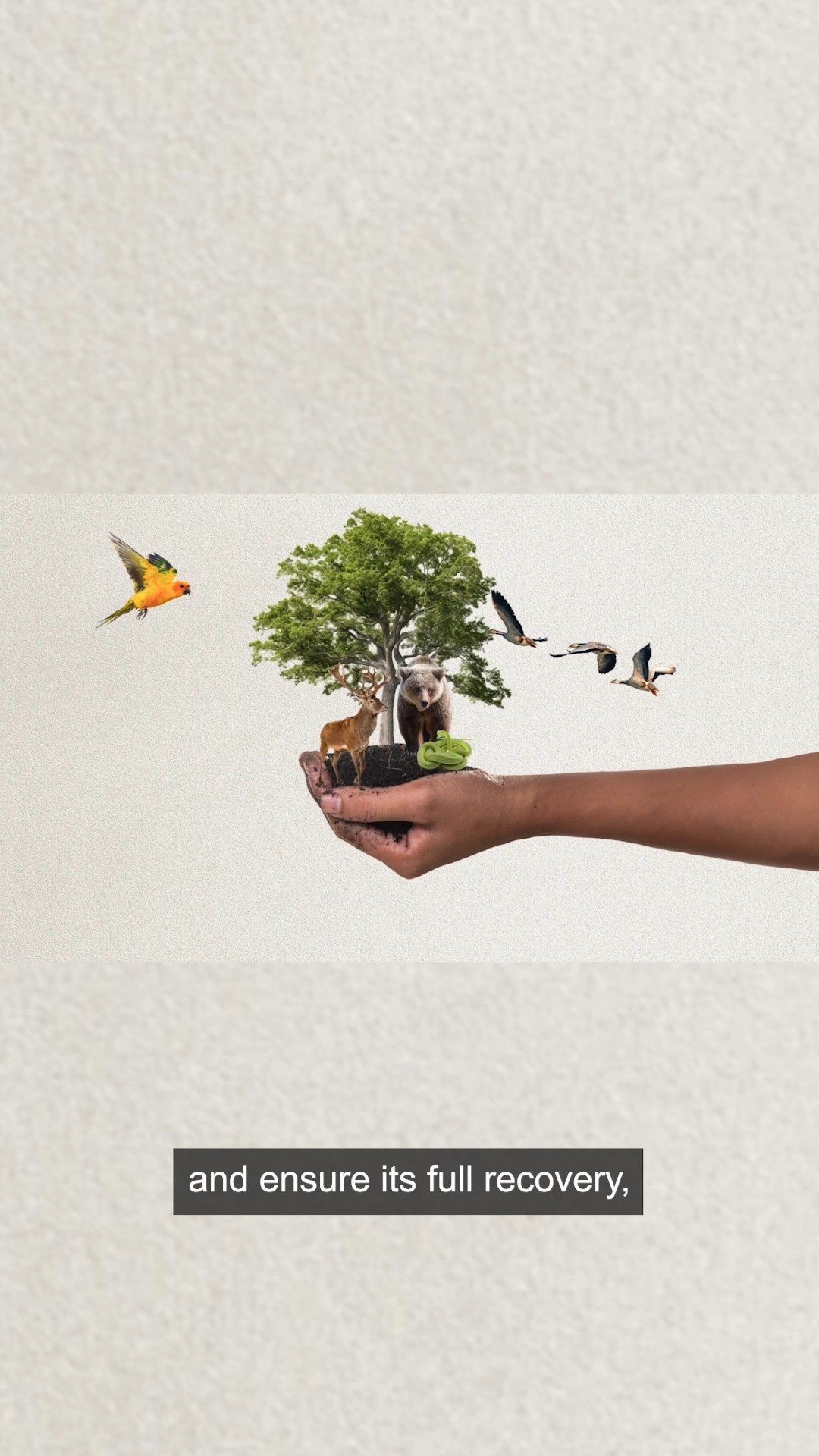- The connection between food systems and nature’s decline, emphasizing deforestation and water use.
- The impact of agriculture on natural resources and biodiversity.
- The necessity for a shift towards sustainable, nature-friendly food production and consumption.
- The role of innovation and technology in building sustainable food systems.
- Collaborative efforts needed to transform the food industry for biodiversity protection.
Food systems are intrinsically linked to nature, but their current state is contributing to environmental degradation. They are responsible for 80% of global deforestation and 70% of freshwater consumption. These staggering statistics highlight the urgent need for change in how we produce and consume food.
Agriculture’s Impact on Natural Resources
The expansion of agricultural lands is a primary driver of deforestation. Tropical rainforests, rich in biodiversity, are being converted into farmland. This transition not only results in loss of trees but also diminishes habitats for countless species. Similarly, agriculture’s demand for water is immense. The irrigation necessary for crops significantly depletes water resources, affecting aquatic ecosystems and reducing water availability for other uses.
Biodiversity at Risk
The loss of natural habitats poses a severe threat to biodiversity. With deforestation, species that once thrived in these environments struggle to survive. The monoculture farming practices further exacerbate this issue by reducing genetic diversity. This lack of diversity makes ecosystems more vulnerable to diseases and pests, ultimately threatening food security. Protecting biodiversity is crucial, not only for maintaining ecological balance but also for ensuring resilient agricultural systems.
Shifting to Sustainable Practices
To combat these issues, a fundamental shift towards sustainable agriculture is necessary. This involves adopting practices that promote soil health, minimize water use, and reduce reliance on chemical inputs. Techniques such as crop rotation, agroforestry, and organic farming can help preserve ecosystems while maintaining productivity. Additionally, choosing plant-based foods and reducing food waste are actionable steps consumers can take to lessen their environmental footprint.
The Role of Innovation
Technological innovation can play a pivotal role in transforming food systems. Advances in precision agriculture, for example, allow for more efficient use of resources by monitoring crop needs in real-time. Biotechnology can also contribute by developing crop varieties that are resilient to climate change and require fewer inputs. These innovations, when thoughtfully implemented, can support sustainable food production while alleviating pressure on natural resources.
Collaboration for Transformation
Transforming food systems requires collaborative efforts among governments, businesses, scientists, and consumers. Policymakers must enforce regulations that prioritize environmental protection. Businesses should invest in sustainable practices and transparent supply chains. Scientists and researchers can contribute by developing new technologies and sharing knowledge. Consumers, meanwhile, have the power to drive change through their purchasing decisions, supporting companies and products committed to sustainability.
By aligning our food systems with ecological principles, we can protect biodiversity and support a thriving natural world. The choices we make today will shape the future of our planet. Working together, we can build a sustainable and resilient food system that nourishes both people and nature.
*****
Source Description
Our food systems are deeply connected to nature, but right now, they’re driving its decline.
80% of deforestation
70% of global freshwater use
…all linked to how we produce and consume food.
To protect biodiversity, we need a shift from high-impact products to sustainable, nature-friendly choices. Innovation can help us build food systems that nourish both people and the planet.
Let’s work together for a future where what’s on our plates supports a thriving natural world.
💚 Double tap to show your support!
.
.
.


